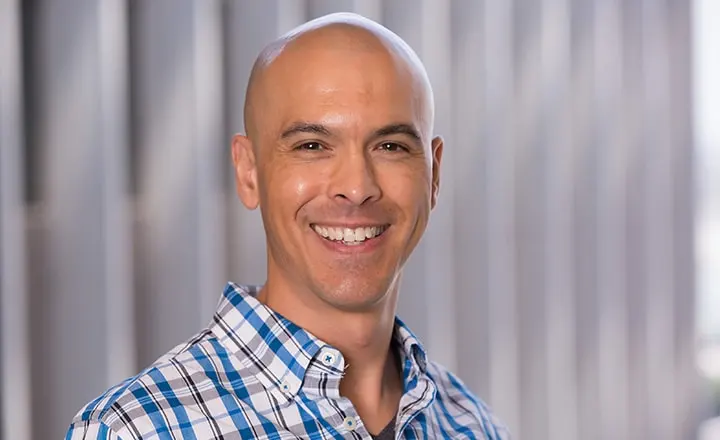
Noel Lipana
Folsom, California
Tell us about your current role and responsibilities.
I am medically retired from the Air Force and currently do volunteer strategic planning and staff work for a couple of nonprofits. I am focused on helping establish the Center for Post Traumatic Growth to serve combat veterans and their families. I am also a board member for the DJD Art Foundation, whose mission is to improve healing and reintegration outcomes of the military and the military-connected community through the arts.
Why are your goals for earning your DSW?
I wanted to earn my DSW in order to provide my nonprofits the leadership, credibility and innovation that they deserve. I want to establish sustainable funding for the Center for Post Traumatic Growth and DJD Art Foundation. Securing the funding and properties for these nonprofits will provide an interdisciplinary, interfaith collaborative to heal and mitigate social isolation and its effects among youth, veterans and the elderly.
Did you consider earning a graduate degree other than a DSW?
I come from a defense and security background, so I initially considered some doctoral programs within that nexus. However, I wanted to participate in a program that results in a true and tangible practice aimed at healing combat trauma and veterans’ families.
Why did you choose USC for your doctoral education?
I chose USC’s Online DSW because I wanted to be part of an aggressive and focused attempt to solve some of our most difficult social challenges through science, leadership and innovation. By underpinning the program with the American Academy of Social Work and Social Welfare’s Grand Challenges, USC is summoning leaders from multiple disciplines and backgrounds who can collectively meet these opportunities. The Trojan network is renowned, and I wanted to put that force to work for these causes.
Have you chosen the Grand Challenge you will focus on during your studies?
I have chosen to eradicate social isolation by focusing on the combat veteran population. I wouldn’t trade my [military] experience for anything. I know the world in a very different way than the rest of society. And there is an isolation and loneliness that comes with that knowledge. I don’t want others who know the world in a different way — through combat, childhood or sexual trauma, chronic illness or elderly issues — to feel isolated. I think that these individuals hold keys to healing, not just themselves, but larger societal wounds.
If you could share one piece of advice with prospective students, what would it be?
Identify early two or three of the Grand Challenges that you resonate with and draft vision and mission statements to address them. Fearlessly exclaim what disciplines, passion and skills you bring to this fight, even if they are not directly related to social work.


